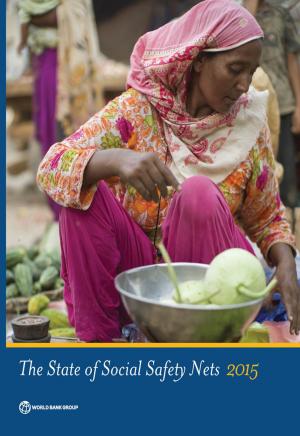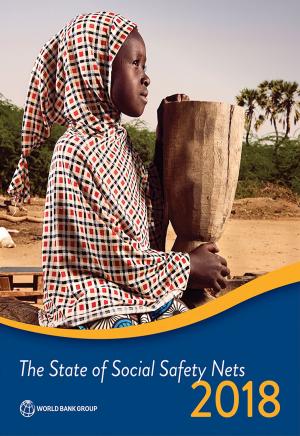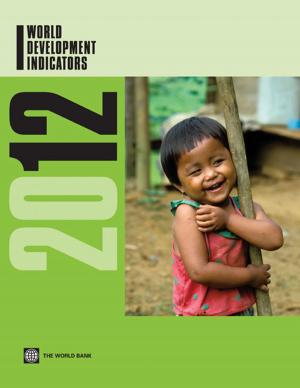Learning from Megadisasters
Lessons from the Great East Japan Earthquake
Nonfiction, Social & Cultural Studies, Political Science, Politics, City Planning & Urban Development, Business & Finance, Economics, Economic Development| Author: | ISBN: | 9781464801549 | |
| Publisher: | World Bank Publications | Publication: | June 26, 2014 |
| Imprint: | Language: | English |
| Author: | |
| ISBN: | 9781464801549 |
| Publisher: | World Bank Publications |
| Publication: | June 26, 2014 |
| Imprint: | |
| Language: | English |
While not all natural disasters can be avoided, their impact on a population can be mitigated through effective planning and preparedness. These are the lessons to be learned from Japan's own megadisaster: the Great East Japan Earthquake of 2011, the fi rst disaster ever recorded that included an earthquake, a tsunami, a nuclear power plant accident, a power supply failure, and a large-scale disruption of supply chains. It is a sad fact that poor communities are often hardest hit and take the longest to recover from disaster. Disaster risk management (DRM) should therefore be taken into account as a major development challenge, and countries must shift from a tradition of response to a culture of prevention and resilience. Learning from Megadisasters: Lessons from the Great East Japan Earthquake consolidates a set of 36 Knowledge Notes, research results of a joint study undertaken by the Government of Japan and the World Bank. These notes highlight key lessons learned in seven DRM thematic clusters—structural measures; nonstructural measures; emergency response; reconstruction planning; hazard and risk information and decision making; the economics of disaster risk, risk management, and risk fi nancing; and recovery and relocation. Aimed at sharing Japanese cutting-edge knowledge with practitioners and decision makers, this book provides valuable guidance to other disaster-prone countries for mainstreaming DRM in their development policies and weathering their own natural disasters.
While not all natural disasters can be avoided, their impact on a population can be mitigated through effective planning and preparedness. These are the lessons to be learned from Japan's own megadisaster: the Great East Japan Earthquake of 2011, the fi rst disaster ever recorded that included an earthquake, a tsunami, a nuclear power plant accident, a power supply failure, and a large-scale disruption of supply chains. It is a sad fact that poor communities are often hardest hit and take the longest to recover from disaster. Disaster risk management (DRM) should therefore be taken into account as a major development challenge, and countries must shift from a tradition of response to a culture of prevention and resilience. Learning from Megadisasters: Lessons from the Great East Japan Earthquake consolidates a set of 36 Knowledge Notes, research results of a joint study undertaken by the Government of Japan and the World Bank. These notes highlight key lessons learned in seven DRM thematic clusters—structural measures; nonstructural measures; emergency response; reconstruction planning; hazard and risk information and decision making; the economics of disaster risk, risk management, and risk fi nancing; and recovery and relocation. Aimed at sharing Japanese cutting-edge knowledge with practitioners and decision makers, this book provides valuable guidance to other disaster-prone countries for mainstreaming DRM in their development policies and weathering their own natural disasters.















